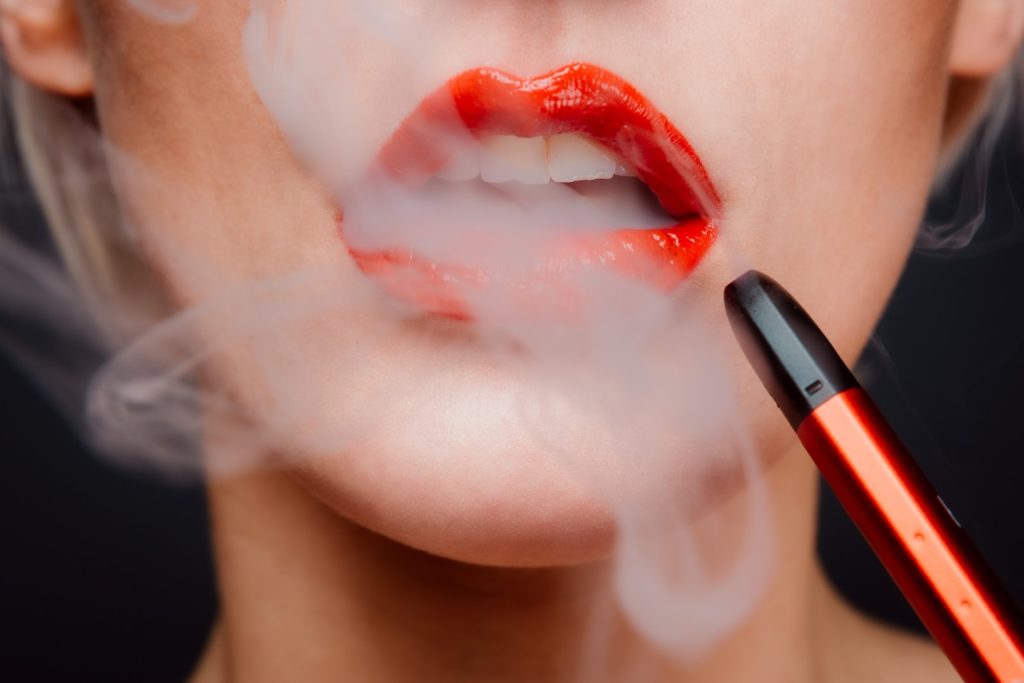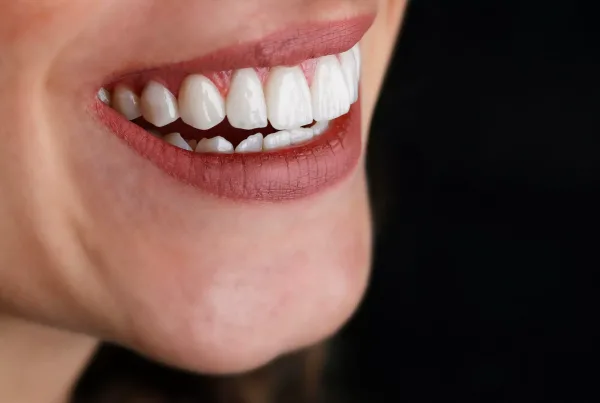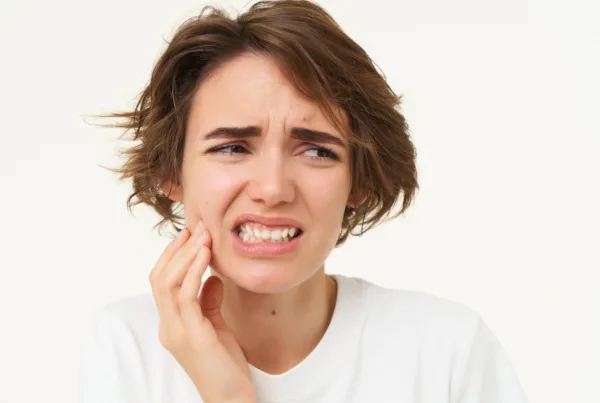
Vaping, an increasingly popular method of nicotine consumption in recent years, is considered to be less harmful than smoking traditional cigarettes. However, it still has various effects on dental health. In this article, we will examine the impact of vaping on teeth.
Does Vaping Cause Cavities?
As the popularity of vaping continues to rise, dental health professionals have begun to examine the effects of electronic cigarettes on oral health closely. The nicotine, glycerin, and various chemical substances found in e-cigarettes have the potential to cause serious damage to dental health.
Numerous studies have been conducted on the potential of electronic cigarettes to cause cavities. The results of these studies indicate that electronic cigarettes contain factors that can contribute to tooth decay.
The sugar and other chemical substances found in electronic cigarettes can damage tooth enamel, thereby promoting cavity formation. Additionally, nicotine found in e-cigarettes can increase acid production by oral bacteria, weakening tooth enamel.
Regular use of electronic cigarettes can also increase plaque buildup on teeth. Plaque results from bacterial accumulation, making tooth enamel more susceptible to decay. The acid buildup caused by the chemicals in electronic cigarettes can also erode tooth enamel and accelerate cavity formation.
On the other hand, it is believed that electronic cigarettes have less of an impact on cavities compared to traditional cigarettes. However, the long-term effects of electronic cigarettes are still not fully understood, and research is ongoing.
How Does Vaping Affect Teeth?
Although considered to be less harmful than smoking, vaping has various effects on dental health.
- Gum inflammation: Vaping can irritate the gums, leading to gum inflammation. Gum inflammation can cause gum bleeding and recession.
- Tooth erosion: Some acids used in electronic cigarettes can erode tooth enamel, leading to tooth sensitivity and fractures.
- Dry mouth: Vaping can reduce saliva flow in the mouth. Saliva helps protect teeth against decay and cleanses bacteria from the mouth. Dry mouth can lead to tooth decay and gum disease.
- Gum recession: Vaping smoke can irritate the gums, leading to gum recession. Gum recession can cause teeth to become loose and result in tooth loss.
Electronic cigarette use has many adverse effects on teeth.
Does Vaping Leave Stains on Teeth?
Yes, vaping can leave stains on teeth. Some flavors used in electronic cigarettes can cause staining on teeth. These stains are usually brown or yellow in color and are more commonly seen on the front surfaces of teeth.
Initially, these stains can be removed with brushing and flossing. However, continued use of electronic cigarettes can make the stains permanent.
There are several reasons why vaping can cause stains on teeth. Some flavors used in electronic cigarettes contain pigments that can adhere to teeth. Additionally, the vapor from electronic cigarettes can erode tooth enamel, making it more susceptible to staining.
How Does Vaping Affect Oral Health?
The effects of electronic cigarettes on oral health raise severe concerns due to their chemical composition and nicotine content. Nicotine in electronic cigarettes can reduce blood flow to the gums and contribute to gum disease. Furthermore, the other chemicals in electronic cigarettes can also negatively affect oral health. Substances such as glycerin and propylene glycol can cause dry mouth and increase bacterial growth in the mouth. A dry mouth can create an environment conducive to tooth decay and other oral diseases.
Regular use of electronic cigarettes can increase plaque buildup on teeth and damage tooth enamel. Additionally, electronic cigarettes’ sugars and other chemicals can weaken tooth enamel and promote cavity formation.
More research is needed on how electronic cigarettes affect oral health. However, existing evidence suggests that electronic cigarettes can have a negative impact on oral health.
Comparison of the Effects of Smoking and Vaping on Oral Health
The differences between traditional cigarettes and electronic cigarettes significantly affect their effects on oral health.
Effects of Traditional Cigarettes on Oral Health
Traditional cigarettes can cause severe damage to dental health due to their thousands of chemical compounds and harmful components. Smokers are at increased risk of cavities, gum disease, and tooth loss. Additionally, aesthetic problems such as tooth discoloration, staining, and bad breath are more common. Furthermore, the risk of oral cancer increases and other types of oral cancer can develop.
Effects of Electronic Cigarettes on Oral Health
Electronic cigarettes contain nicotine, which can reduce blood flow to the gums and contribute to gum disease. Chemicals and sugars in electronic cigarettes can weaken tooth enamel, promote cavity formation, and cause tooth staining.
It is also known that the other chemicals in electronic cigarettes can disrupt the balance of bacteria in the mouth and cause dry mouth. Although their long-term effects are not yet fully understood, concerns exist that electronic cigarettes may also increase the risk of oral cancer.
Conclusion
While traditional cigarettes cause much more damage to dental health due to their harmful chemicals and smoke, electronic cigarettes can still have adverse effects on oral health. Both types can negatively affect cavities, gum disease, and tooth aesthetics.
Therefore, reducing or quitting smoking and vaping is one of the most critical steps for oral health. Regular dental check-ups and good oral hygiene practices are also essential.
How to Treat Tooth Stains?
Tooth stains can cause aesthetic concerns for many people. Fortunately, modern dentistry methods and some home treatments can reduce the appearance of tooth stains.
Dental Cleanliness and Hygiene
One of the leading causes of tooth stains is the buildup of plaque and tartar. You can overcome this issue by paying attention to your brushing routine and using dental floss. Regularly cleaning plaque and tartar buildup can reduce the formation of stains.
Professional Dental Cleaning
Regular visits to your dentist are necessary to remove plaque and tartar buildup from teeth professionally. Professional dental cleaning can also restore teeth’s natural whiteness.
Teeth Whitening Treatments
Teeth whitening treatments are an effective way to reduce stains on teeth. Professional teeth whitening procedures performed by dentists penetrate the enamel and remove stains. Home teeth whitening kits can also lighten stains, but using products recommended by a dentist is recommended.
Dental Veneers and Laminates
Dental veneers and laminates are thin layers applied to the front surface of teeth. They can be used to cover yellow or stained teeth and achieve a whiter smile. These cosmetic procedures can help permanently remove stains from teeth.
Healthy Eating Habits
Reducing or quitting habits like drinking colored beverages (e.g., coffee, tea, red wine) and smoking can prevent tooth stains. Additionally, consuming tooth-friendly foods and drinking enough water can help maintain dental health.
Consultation with a Dentist
You should consult a dentist to determine the most appropriate method for treating tooth stains. Your dentist will evaluate the condition of your teeth and recommend the best treatment options.





